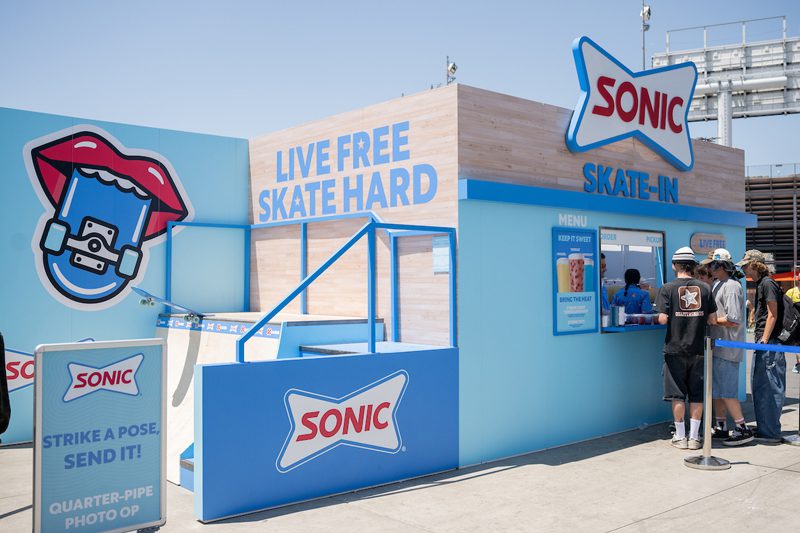Loews Cineplex Entertainment has found a compromise to meet moviegoers’ wishes to have the actual start times of feature films, opting to note in movie listings that the movie will start 10 to 15 minutes after the published show time.
“It has been a long-standing tradition to show coming attractions and advertising before the feature, and we believe most of our customers understand this practice,” said Travis Reid, president and CEO of Loews Cineplex in a statement. “Recently, however, some of our customers have suggested that we also publicize the start time of the movie. In response to those requests, we are pleased to communicate the start time of the overall show, as well as the approximate start time of the feature.”
Loews plans to start the new advertising in its two Connecticut locations—Danbury and Plainville—on May 13. The company will roll out the notices nationwide over the next month. While the announcement may please consumers, it may mean heartache for advertisers.
Loews, however, anticipates moviegoers will continue to arrive in advance of the show times to take advantage of concessions and find prime seats. And while some theatergoers cringe at the thought of sitting through advertisements and trailers, others say they enjoy both.
The company’s announcement comes as a coincidence to a bill a Connecticut legislator tried to pass requiring that real times be published in listings. In January, State Rep. Andrew M. Fleischmann (D-West Hartford) proposed new rules requiring that all movie theater advertisements and listings give moviegoers the start times for both the promotions and the trailers that run before the start of a movie and for the movie itself. Fleischmann’s bill died in the general law committee in March.
Fleischmann said he initiated the bill after a constituent complained about the influx of advertisements before the start of the movie and sought his help. Despite the failed bill, Fleischmann called Loews announcement “great news for movie customers.”
“It takes people out of the position to be a captive audience and allows them to make their own choices about how long before the movie they are going to be arriving,” he said. “It’s terrific. Loews is doing the right thing. I am hopeful other movie theaters will follow suit.”
The nation’s largest theater operator Regal Entertainment could not be reached for comment to find out if they would follow Loews’ lead.
If Loews remains the only theater operator in Connecticut to publish the disclaimer, Fleischmann said he would resubmit the bill next year.
“If indeed this becomes the industry standard, no legislation is necessary,” he said. “It’s such a simple thing to let you, the consumer, know when the films start. We have truth in advertising laws…we should have truth in movie theaters.”
 Network
Network

